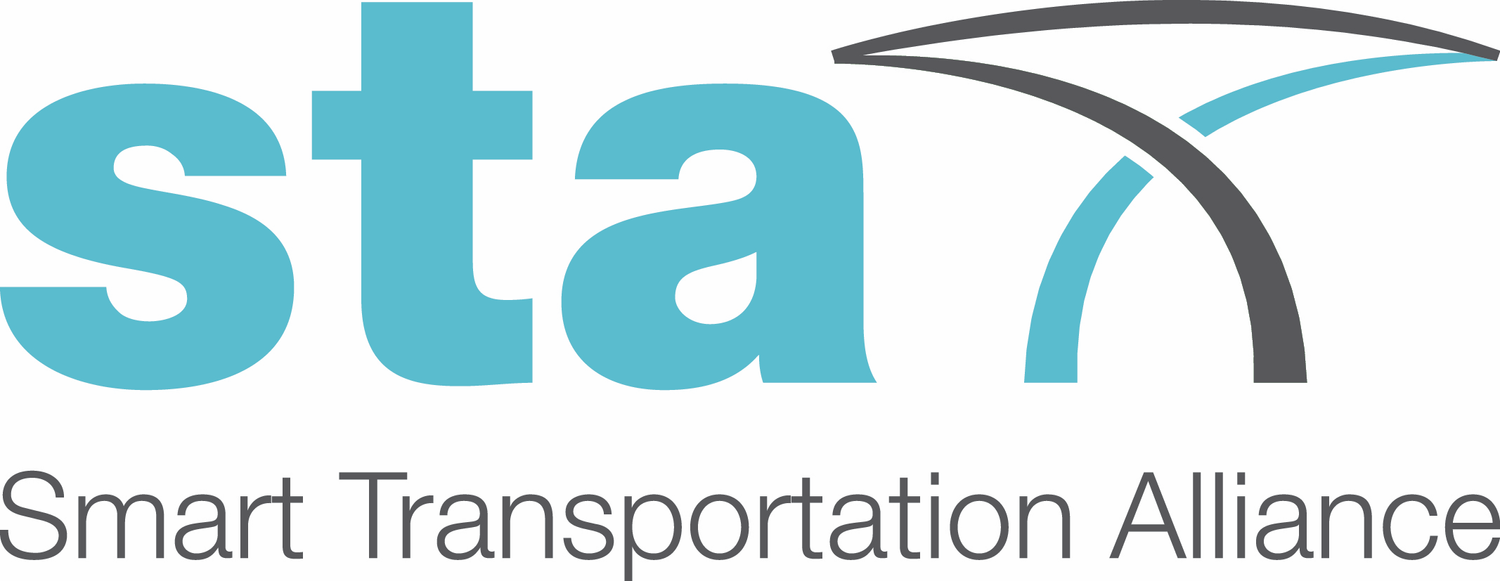STA SMART TALKS ROUNDTABLE: DIGITISATION TO IMPROVE EUROPEAN TRANSPORTATION INFRASTRUCTURES
Join us on the 10th episode of the STA Smart Talks, where STA President & host Dr José F. Papí invites Dr Elena de la Peña, Deputy Director for Technical Affairs at the Spanish Road Association (AEC) and Vice-President & Chair at Smart Mobility (TC1) of STA, and Mr Jorge Alfonso, Researcher at the Visual Telecommunications Application Group (GATV), Research Group of the Technical University of Madrid (UPM), to discuss about the improvement of the European transport infrastructure throughout the digitisation concept.
The roundtable is structured around six questions and aims to showcase the various ways digitisation can improve EU transport infrastructures.
Dr Papí initiated the discussion by questioning if the sector is keeping pace with vehicle technology advancements:
Dr de la Peña noted that the road infrastructure sector has lagged behind the vehicle manufacturing industry but highlighted the efforts to bridge this gap through new technologies. She added that stronger connections between vehicle and road industries are necessary for more efficient development.
Mr Alfonso agreed that infrastructure innovation is not keeping pace with the advances in vehicle technologies and CCAM and emphasised the need for refining and utilising collected data to create value-added services for users.
The second question addressed by Dr Papí focused on improving the coordination of existing deployments of digital systems in the EU:
Both guests expressed the need for a unified approach across regions and sectors to effectively digitalise infrastructure. They suggested that a single entity could play a crucial role in coordinating efforts. Dr de la Peña highlighted the importance of a “homogeneous” digitisation approach across countries, which a normalisation body could facilitate. As an example, she mentioned the Smart Transportation Alliance (STA) and the Spanish Road Association (AEC) two entities that through their experience and activities, could lead the coordination of digitalisation efforts.
Regarding the degree of improvement digitisation can achieve in infrastructure operations, both participants agreed on the importance of recent data. Specifically:
Dr de la Peña referred to a recently published Roadmap for the Digital Adaptation of the Local Roads that showcases improving government operations through digital processes and leveraging real-time data to develop new user services.
Following, Mr Alfonso concurred, stressing the importance of refining and utilising collected data to create value-added services for users.
Additional discussions highlighted whether digitisation can make the maintenance of transportation infrastructures more rational:
Mr Alfonso stated that maintenance in transport infrastructure is mostly preemptive, based on scheduled actions rather than actual needs and he supported his statement with a real case study from UPM.
Dr de la Peña emphasised the important role of digitisation and technology in the maintenance of road operations by referring to recent technological developments, such as the use of sensors, data from connected vehicles, mobile phones, and Artificial Intelligence (AI).
Towards a more social perspective, on whether digitisation can make transport infrastructures more inclusive:
Dr de la Peña stated that digitalisation must consider vulnerable populations, including ageing individuals and those with disabilities, ensuring that transport services are accessible to all.
Furthermore, Mr Alfonso referred to the necessity of “customisation” and tailor-made digital solutions, such as route planning for individuals with mobility constraints through digitisation actions.
Towards the end of the episode, the two experts analysed whether digitisation is a tool for advancing sustainability goals, such as the EU taxonomy system:
Both agreed on the transformative potential of digital technologies across transport infrastructure.
However, Mr Alfonso stated that in some cases, taxonomic concepts are not realistic, with Dr de la Peña adding that the transport infrastructure sector is not well considered in EU taxonomy.
The roundtable concluded with an optimistic outlook on digitalisation's potential to enhance the efficiency, safety and sustainability of transport systems, emphasising the need for ongoing dialogue and adaptive policies.
Stay tuned for more and do not forget to subscribe to the ‘STA in Action’ Newsletter and be the first one to learn all updates on the path towards Smart Transportation Infrastructures.
Author: Eftychia Koliou (Smart Transportation Alliance)

